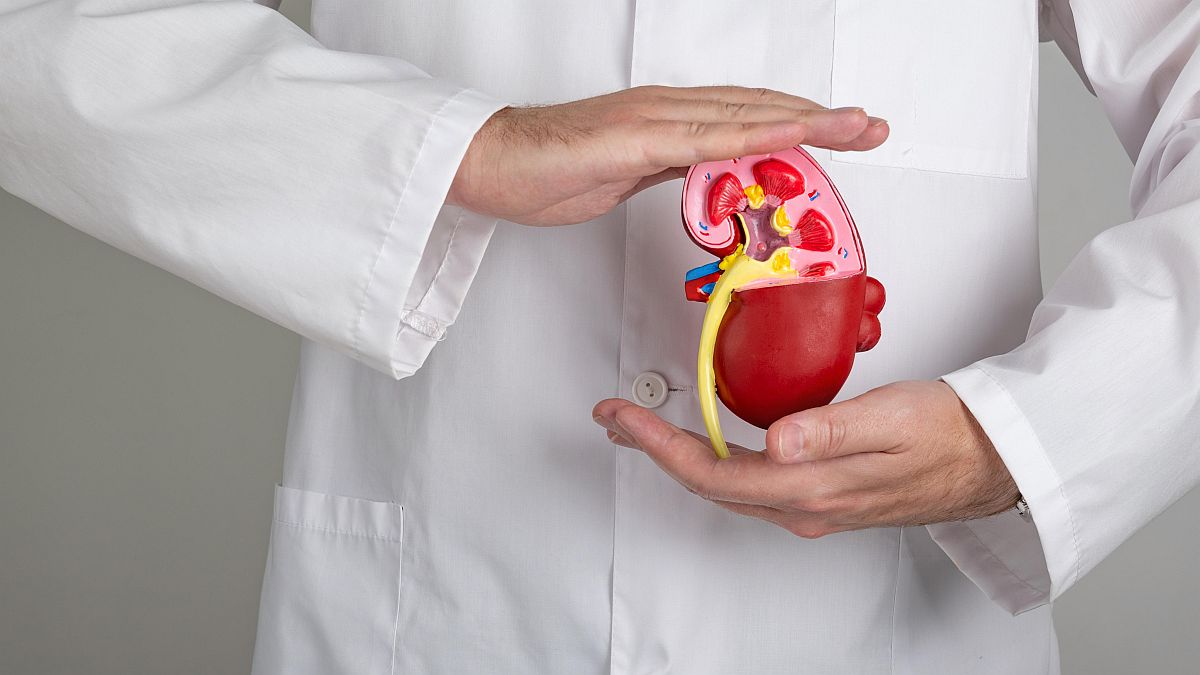KUALA LUMPUR, March 28 – Kidney failure has many causes. But the leading cause of chronic kidney disease is without a doubt diabetes.
With about one in three adults with diabetes suffering from chronic kidney disease (CKD), it affects up to 40 per cent of patients with type 2 diabetes.
This condition is called Diabetic Kidney Disease (DKD), or also known as Diabetic Nephropathy. It happens when your kidney has trouble filtering waste from your blood, which is then transformed into urine.
If it goes untreated, your kidney may eventually fail and can no longer work. If this happens, you could need a kidney transplant or dialysis.
In Malaysia, the 2018 Malaysia Dialysis and Transplant Registry report has found that 69.2 per cent of end stage kidney disease patients are caused by DKD. The higher the blood sugar levels of a person, the higher their chances of getting DKD. This worrying trend is the reason Malaysia has the highest prevalence of kidney failure due to diabetes in the world.
Three Things You Should Know About Diabetes Kidney Disease (DKD)
Diabetes Is The No.1 Cause Of Kidney Failure
Generally, it takes many years for diabetes to damage the kidneys, and even when they do, the symptoms of DKD usually don’t show up until late in the course of the disease. Both diabetes and kidney disease are silent killers with no symptoms in the early stages.
The problem lies when diabetes is undiagnosed or uncontrolled. A lot of people do not realise they have type 2 diabetes for a long time, which may result in a higher chance of developing a kidney disease shortly after being diagnosed with diabetes.
Some other kidney disease symptoms due to diabetes but may go unnoticed are weight gain, swollen ankles, nausea or vomiting, frothy urine, lethargy, urine breath, itching, reduced appetite, and swelling of the leg. Another organ that may be affected by kidney disease include the eyes with symptoms such as blurring of vision and floaters.
How Can I Keep My Kidneys Healthy If I Have Diabetes?
The best way to prevent diabetes related kidney complications or to slow its progression is to try to always maintain a healthy blood glucose level. Besides that, it is important to lead a healthy lifestyle, whereby one of the biggest factors is what we consume.
Healthy eating does not mean you eat salad while others eat turkey or biryani. You can join in the fun, but choose your food intake wisely.
“Go back to the basics and follow the Malaysian Healthy Plate (Pinggan Sihat Malaysia), which advocates a healthy portioning through the notion of #SukuSukuSeparuh — carbohydrates (quarter plate), proteins (quarter plate), fruits and vegetables (half plate),” advised Poh Kai Ling, clinical dietitian at Universiti Malaya Medical Centre (UMMC), Kuala Lumpur.
“When it comes to watching your blood sugar levels and to avoid further damage to the kidneys, the goal is to practise healthy, balanced meals consisting of a variety of food while practising portion control according to the Malaysian Healthy Plate. You can eat any carbs but in moderation with correct portion sizes and reduce intake of salt or sodium. Less sodium in your diet will help lower blood pressure and decrease fluid buildup in your body, which is common in kidney disease,” said Poh.
Treatment For Diabetes Kidney Disease
With advanced and latest drugs and treatment available in the market, the key to successful management of these complications is a strong partnership between the patient, his or her primary doctor, support from family members and other health care professionals such as dieticians and nurse educators.
“For a patient with Diabetic Kidney Disease, mortality and cardiovascular disease rates increase exponentially. Patients with DKD are more likely to die before reaching end stage kidney disease.
“If the patient does reach the end stage of kidney disease, they would need a form of renal replacement therapy which includes kidney transplantation or dialysis.
“These patients would need to monitor their comorbidities closely with their doctors, which include hypertension, obesity, hypercholesterolemia, and smoking. All these are mercenaries of death together with diabetes,” said Dr Kenneth Lai, consultant general physician and nephrologist at Bukit Tinggi Medical Centre.
Health care professionals will advise asymptomatic diabetic patients to go for kidney and heart disease screening. It is because these diseases are usually developed silently, and patients may not have symptoms until a later stage.
The recommended screening for diabetic kidney disease is with simple tests, such as a urine test called Urine ACR to look for protein leakage and a simple blood test called serum creatinine test to look at kidney function.
Screening should start on the date of diagnosis of type 2 diabetes and five years after the onset of type 1 diabetes. However, the recommendation to screen asymptomatic diabetic patients for cardiovascular disease is rather controversial, and needs to be assessed individually.
For diabetic patients who already have kidney or heart diseases, the strategy is to reduce the progression of the disease, rather than screening for it.
As a nation, we are racing against time, as one in five adults in the country is living with diabetes. Therefore, early detection, prevention, and treatment is key.
However, most Malaysians who are diabetic or in a pre-diabetes stage still think they are healthy because people with early-stage diabetes are often asymptomatic. It is therefore crucial to get yourself screened regularly. Screening is the best way to prevent diabetes and its complications.
The For Your Sweetheart Campaign invites all Malaysians to keep themselves and their loved ones healthy with a free diabetes HbA1c screening at participating clinics nationwide. This initiative is supported by Boehringer Ingelheim in partnership with Malaysian Diabetes Educators Society (MDES), Diabetes Malaysia (DM), and Malaysian Endocrine and Metabolic Society (MEMS).








